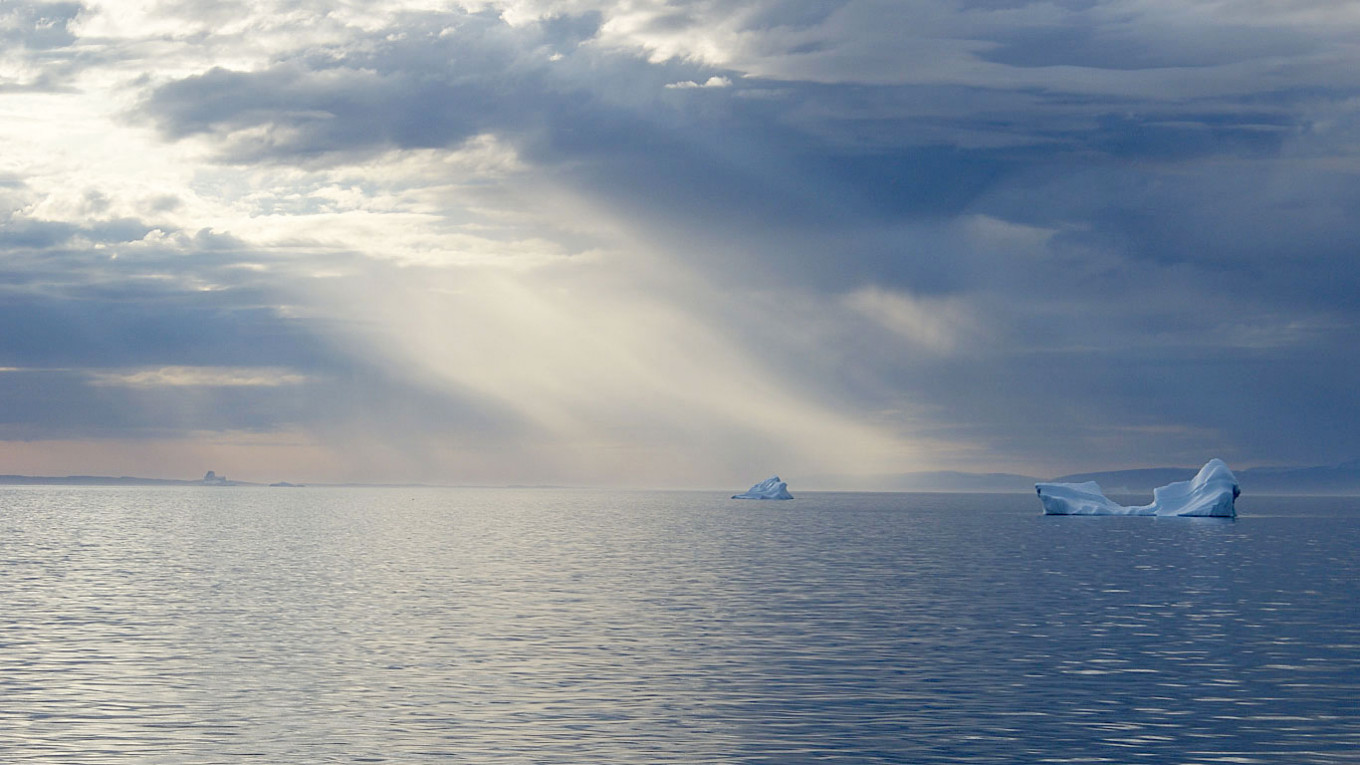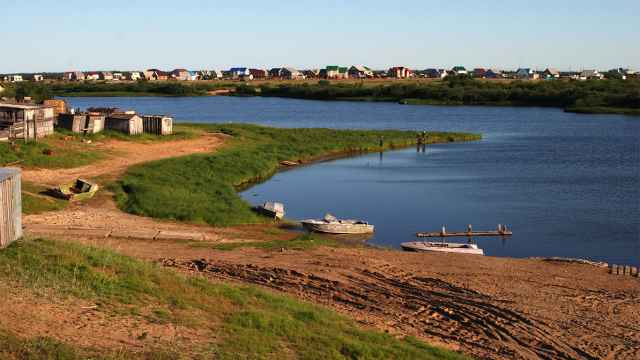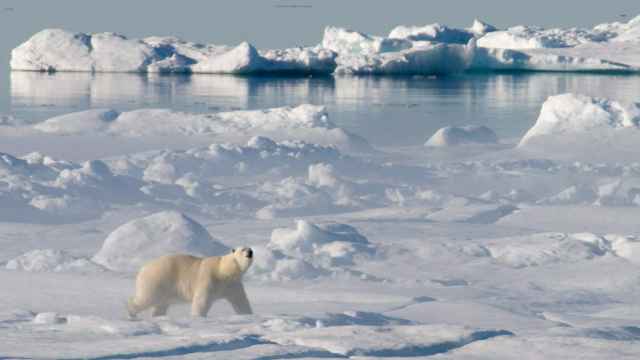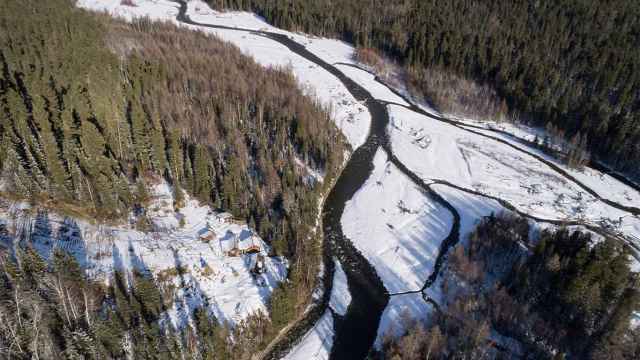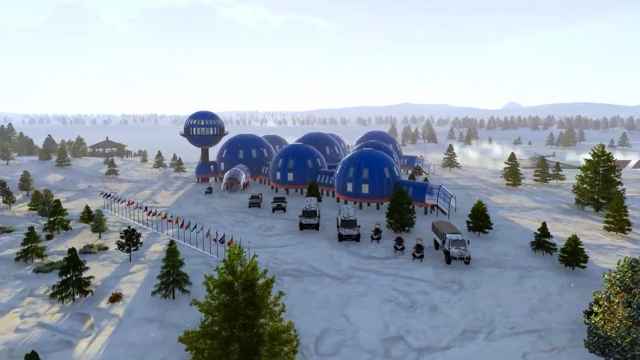The Arctic region could see a faster-than-predicted shift from snow to rain as its main form of precipitation if global carbon emissions are not drastically cut, an international group of scientists have claimed in research published Tuesday in the Nature Communications journal.
Previous computer models had predicted that autumns in Siberia, the Arctic Ocean and the Canadian Archipelago would be dominated by rain instead of snow by 2090.
But the latest model shows that this shift could happen as soon as 2060-2070 if the global economy continues to emit greenhouse gases at its current pace.
Even if global heating is contained at 1.5-2 degrees Celsius as the UN has urged, the shift would still bring significant consequences — not just for the Arctic, but for the entire world, the scientists warned.
“What happens in the Arctic doesn’t stay there,” the study’s lead author Michelle McCrystall told The Guardian. “The Arctic having very strong snowfall is really important for everything in that region and also for the global climate.”
The influx of warm precipitation could accelerate the melting of permafrost, the permanently frozen layer of soil that covers 65% of Russia’s territory, the scientists said.
Russia would as a result be especially vulnerable to the changes in Arctic precipitation, with permafrost melt already projected to cost the Russian economy $67 billion in annual damages by 2050 by damaging infrastructure and human settlements.
Melting permafrost would in turn emit vast amounts of methane into the atmosphere, thus creating a feedback loop that would accelerate warming regardless of human efforts to curb manmade greenhouse gas emissions.
Europe, North America and Asia would see more floods and heatwaves due to changes in jet stream patterns, the scientists claimed. The melting of Greenland’s ice sheet has already been projected to accelerate indefinitely, but the new study’s authors warned that it could collapse sooner than expected. Rain fell on the summit of Greenland’s ice sheet in August, an event that “shocked” the scientific community, according to The Guardian.
The increasing lack of snow and ice cover in the Arctic, which reflects sunlight back into space, would mean seawater would start to absorb even more heat from the sun, the scientists warned.
The rapid shift to rainfall also threatens local ecosystems by putting reindeer, caribou and other species in the region at risk of starvation.
A Message from The Moscow Times:
Dear readers,
We are facing unprecedented challenges. Russia's Prosecutor General's Office has designated The Moscow Times as an "undesirable" organization, criminalizing our work and putting our staff at risk of prosecution. This follows our earlier unjust labeling as a "foreign agent."
These actions are direct attempts to silence independent journalism in Russia. The authorities claim our work "discredits the decisions of the Russian leadership." We see things differently: we strive to provide accurate, unbiased reporting on Russia.
We, the journalists of The Moscow Times, refuse to be silenced. But to continue our work, we need your help.
Your support, no matter how small, makes a world of difference. If you can, please support us monthly starting from just $2. It's quick to set up, and every contribution makes a significant impact.
By supporting The Moscow Times, you're defending open, independent journalism in the face of repression. Thank you for standing with us.
Remind me later.


